A senior academic at Cambridge University plagiarized the work of a PhD student he supervised, according to evidence presented in court.
A senior Cambridge University academic plagiarized the work of a young postdoctoral researcher, a recent court hearing heard.
The Telegraph revealed last September that Dr Magdalen Connolly, a former student at Cambridge University (UK), had sued his former school before the labour dispute tribunal over the way the school handled plagiarism allegations.
Dr Connolly claims that her postgraduate research was plagiarised by Wagner, a Cambridge academic who was once appointed to advise her.
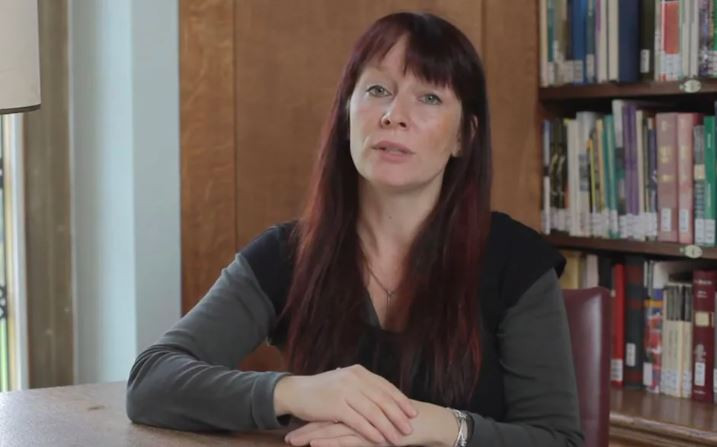
Details were revealed at the trial where Dr Connolly sued Cambridge University alleging she was the victim of age discrimination as university officials favoured more senior academics.
Dr Wagner, 50, is chief executive of the Woolf Institute – a think tank on interfaith relations – and a fellow of St Edmund’s College, Cambridge. Meanwhile, Dr Connolly, believed to be in her 30s, argued that she was “treated differently” to Dr Wagner during the investigation and made to feel “in the wrong”.
She said Cambridge's failure to take her case seriously meant the university had "tolerated plagiarism and bullying by senior staff towards younger staff and students".
Admits plagiarism but denies 'age discrimination'
The judge who heard the case, Kate Hutchings, dismissed the claim, saying that although the investigation had been “slow”, Dr Connolly was partly to blame for her persistent and prolonged complaints. There was also no evidence that age played a role.
However, her ruling revealed that an internal Cambridge University report in July 2024 upheld the plagiarism allegation against Dr Wagner, who continues to work at the university.
Dr. Wagner is an experienced scholar, having graduated with honors in Semitic languages, Islamic studies and Indo-European studies from the Friedrich Schiller University in Jena, Germany.
According to the Daily Mail , judge Kate Hutchings stated: “There is no doubt that the investigation into plagiarism has been slow. Both sides must take responsibility for this…”.
However, she added: “We found that Dr Connolly has not provided any factors (other than her age) or specific evidence to support the conclusion that her treatment was due to her age. A complainant of plagiarism of a different age would not have been treated differently.”
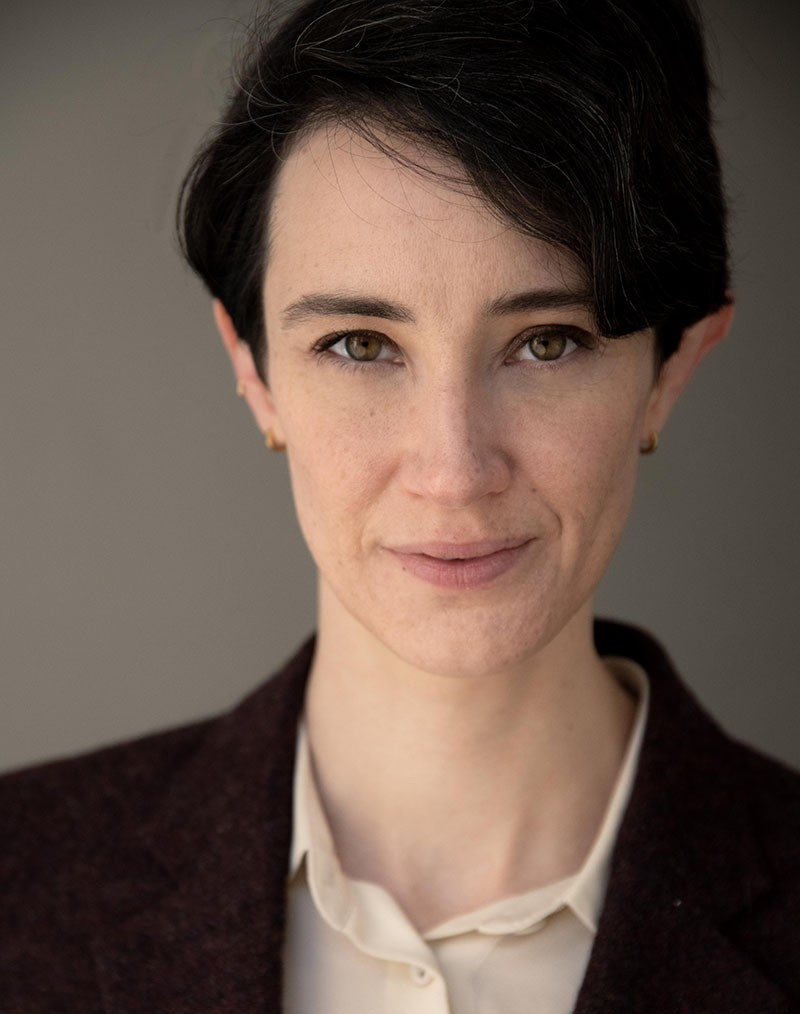
The Cambridge court heard that Connolly began working as a postdoctoral researcher in October 2014 and filed a formal written complaint in July 2020, accusing Dr Wagner of “stealing” ideas she shared in a research group and including them in a paper without crediting her.
Specifically, Connolly claims to be the first person to publicly question the established date of a Hebrew-Arabic manuscript. Although the manuscript is believed to date from the 17th century, Dr. Connolly says that in 2016, she publicly suggested to Dr. Wagner and the discussion group that it might be about a century later. In 2019, she was shocked to find that this argument was included in two of Dr. Wagner’s academic papers and presented as if it were her own.
An internal committee at the University of Cambridge concluded in its preliminary report that, although only “in passing and not directly relevant to the main argument of the papers in question”, two of Dr Wagner’s papers contained “signs of plagiarism”.
Speaking at the hearing, Dr Connolly said that the four-year process after she officially filed a lawsuit against Dr Wagner in July 2020 had “profoundly impacted” her mental health and forced her to leave the academic environment.
The former graduate student told the jury that she was not asking for disciplinary action against Dr. Wagner, but simply wanted to ensure that “if anyone spoke up, they would be taken more seriously than I was.”

Source: https://vietnamnet.vn/hoc-gia-cua-dai-hoc-cambridge-nhan-vo-cong-trinh-nghien-cuu-cua-hoc-tro-2368068.html
































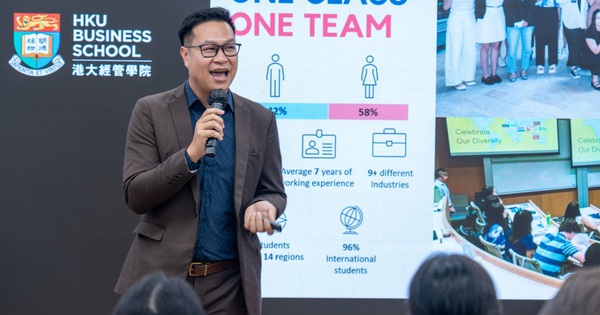





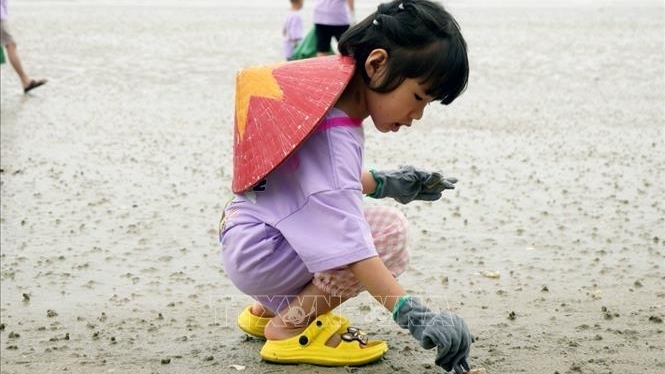










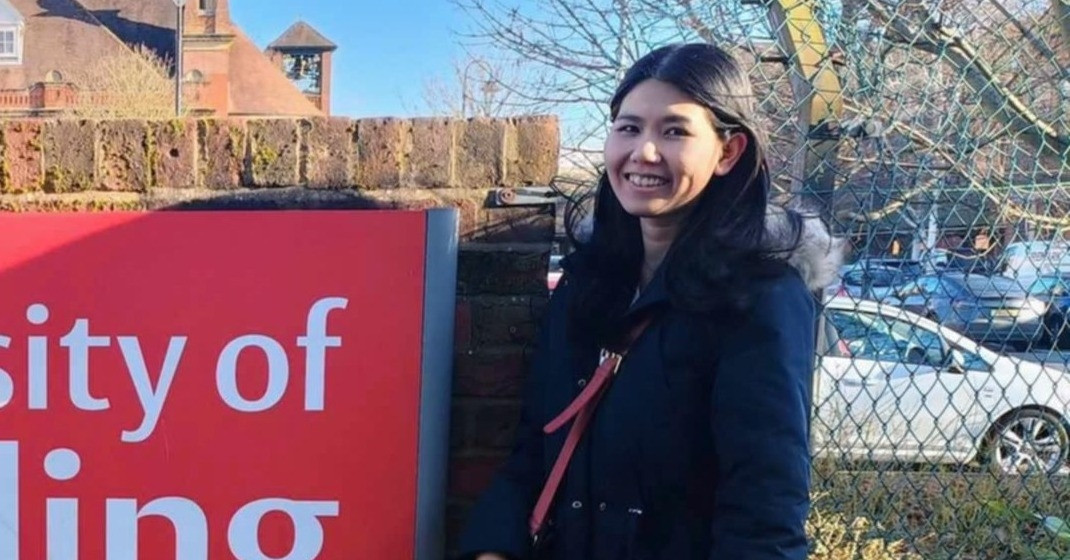

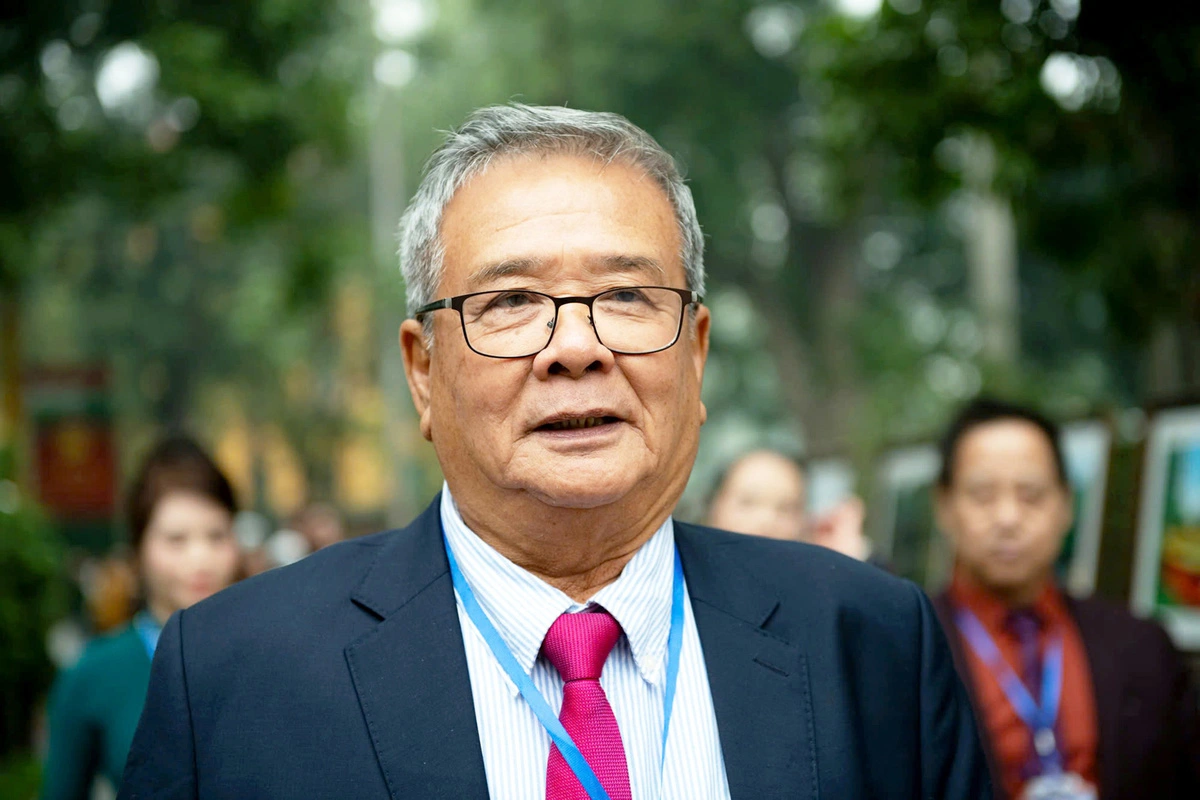
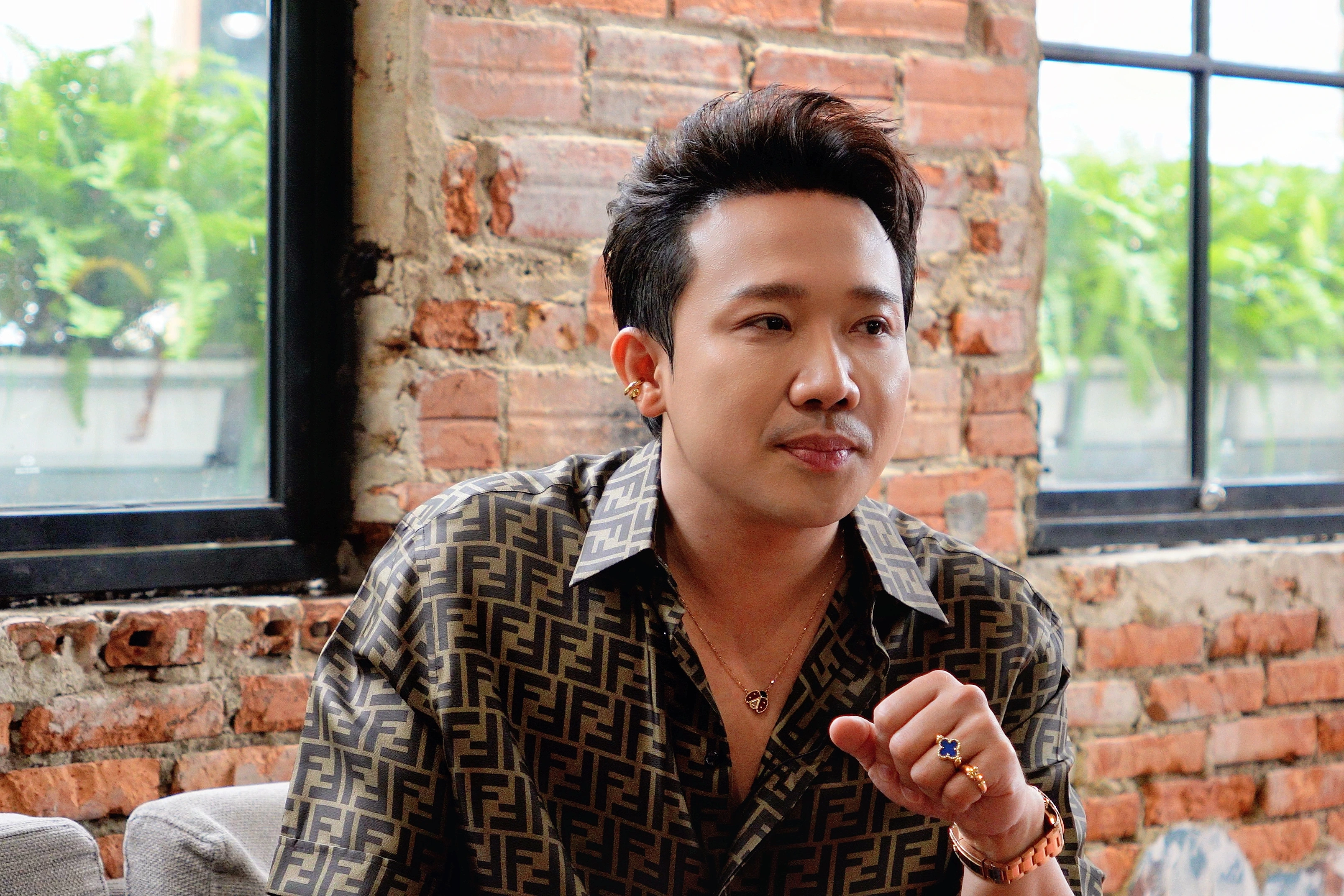






Comment (0)